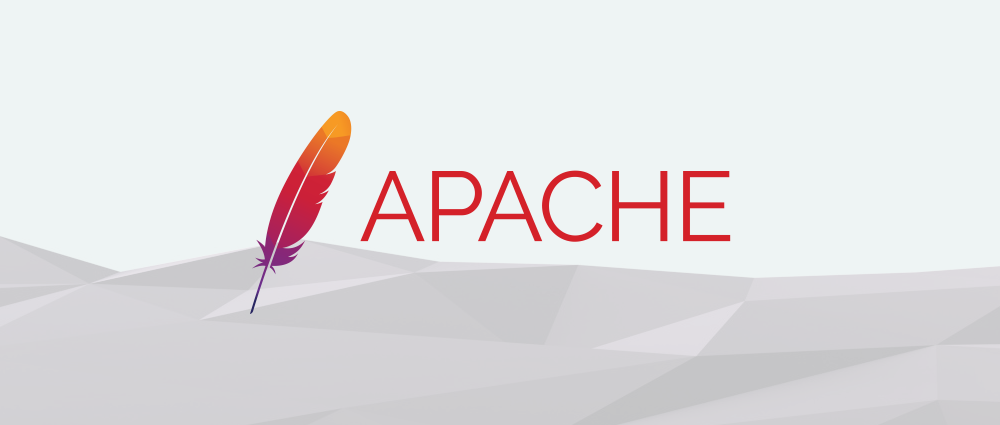
Logo: Apache Software Foundation // Composition: ZDNet
This week, the Apache Software Foundation has patched a severe vulnerability in the Apache (httpd) web server project that could –under certain circumstances– allow rogue server scripts to execute code with root privileges and take over the underlying server.
The vulnerability, tracked as CVE-2019-0211, affects Apache web server releases for Unix systems only, from 2.4.17 to 2.4.38, and was fixed this week with the release of version 2.4.39.
According to the Apache team, less-privileged Apache child processes (such as CGI scripts) can execute malicious code with the privileges of the parent process.
Because on most Unix systems Apache httpd runs under the root user, any threat actor who has planted a malicious CGI script on an Apache server can use CVE-2019-0211 to take over the underlying system running the Apache httpd process, and inherently control the entire machine.
CVE-2019-0211 is a big problem for shared-hosting firms
The vulnerability may not pose an immediate and palpable threat to developers and companies running their own server infrastructure, but the issue is a critical vulnerability inside shared web hosting environments.
Flaw in Apache HTTP Server 2.4.17 – 2.4.38 allows anyone you allow to write a script (PHP, CGI,..) to gain root. Get 2.4.39 *now* especially if you have untrusted script authors or run shared hosting (or use mod_auth_digest, due to a separate flaw)https://t.co/s08XhOzKKW
— Mark J Cox (@iamamoose) April 2, 2019
“First of all, it is a LOCAL vulnerability, which means you need to have some kind of access to the server,” Charles Fol, the security researcher who discovered this vulnerability told ZDNet in an interview yesterday.
This means that attackers either have to register accounts with shared hosting providers or compromise existing accounts.
Once this happens, the attacker only needs to upload a malicious CGI script through their rented/compromised server’s control panel to take control of the hosting provider’s server to plant malware or steal data from other customers who have data stored on the same machine.
“The web hoster has total access to the server through the ‘root’ account. If one of the users successfully exploits the vulnerability I reported, he/she will get full access to the server, just like the web hoster,” Fol said. “This implies read/write/delete any file/database of the other clients.”
Non-shared Apache servers also in danger
But Fol also told ZDNet that CVE-2019-0211, just by its presence, automatically augments any other server security issue –even for Apache web servers not part of shared-hosting environments.
“For attackers or pentesters, after [they] compromise an Apache HTTP server, [they] generally get an account with low privileges (generally, www-data),” Fol said.
But any directory traversal or remote code execution flaw that allows an attacker to upload a CGI script, now also means automatic root access as a result of CVE-2019-0211, according to Fol.
For this reason, patching this flaw is a must. First and foremost for shared hosting provider, and then also for companies running Apache on private, non-shared servers –which, however, face a lower risk of attack.

